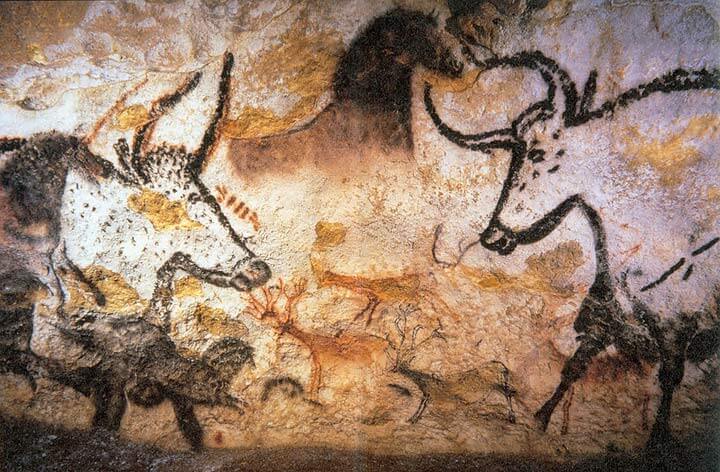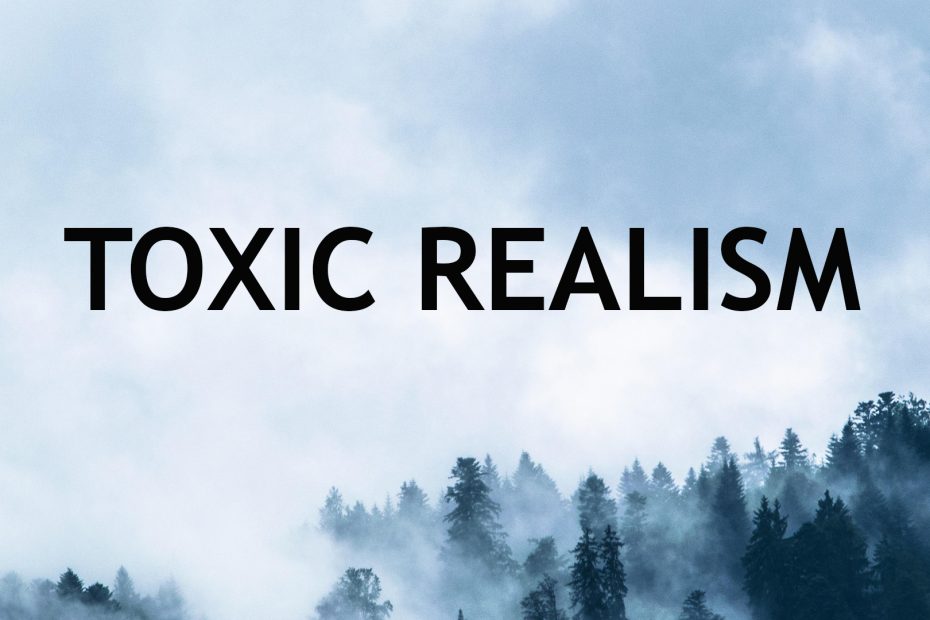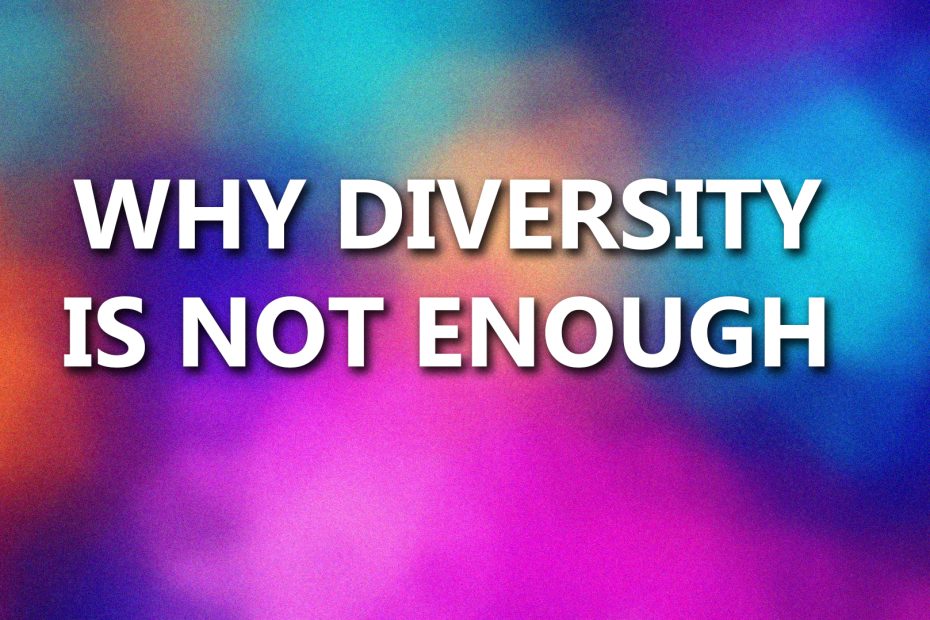Ergocinema / Movies Movies
Film is a sequence of still images, usually 24 frames per second, which creates the illusion of movement in the viewer. So film is a magic trick. That’s the technical explanation, but what defines films in terms of content? Film is a fairly young art that combines many other arts. It has changed enormously since its inception. In several articles I would like to devote myself to this popular art form, which is particularly close to my heart.
The director is central to filmmaking. While the screenwriter writes the film template, the film director develops the vision, which he and his team then implement audiovisually. In order to describe film more precisely, it is worth working out the differences to other, similar forms. I see the biggest difference between the cinema screen and the television screen.
Film or TV
While the cinema film developed from the silent film, the television counterpart developed from the play: the television play still lives essentially from its dialogues. Today it is mostly known as a “television film”, as cinema and television are becoming ever closer in terms of their audiovisual possibilities, but formats such as ZDF’s Das kleine Fernsehspiel are still reminiscent of its origins.
Sometimes there are hybrid productions between film and television, they are also called amphibious films: The cinema films then end up in the cinema and the multi-part series or mini-series, which can take much more time and offer additional scenes, end up on television. For example, this is what happened with DAS BOOT (1981) or THE BAADER MEINHOF COMPLEX (2008). The strength of television lies not so much in the individual event, but in repeated switching on. The entry threshold for turning on the television is simply lower than the threshold for going to the cinema. That’s why a film always has to be an event, while television is much more determined by series and series that keep the viewer constantly engaged.
Films are celebrated and honored primarily at film festivals. I would advise every filmmaker to visit festivals and make contacts there. Since Germany is more of a television country than a cinema nation, we have a rich and eventful film history, but unfortunately there is hardly any German film culture left. From general moviegoers to hardcore movie buffs, from professional film critics to filmmakers — there is catching up to do in all areas.


